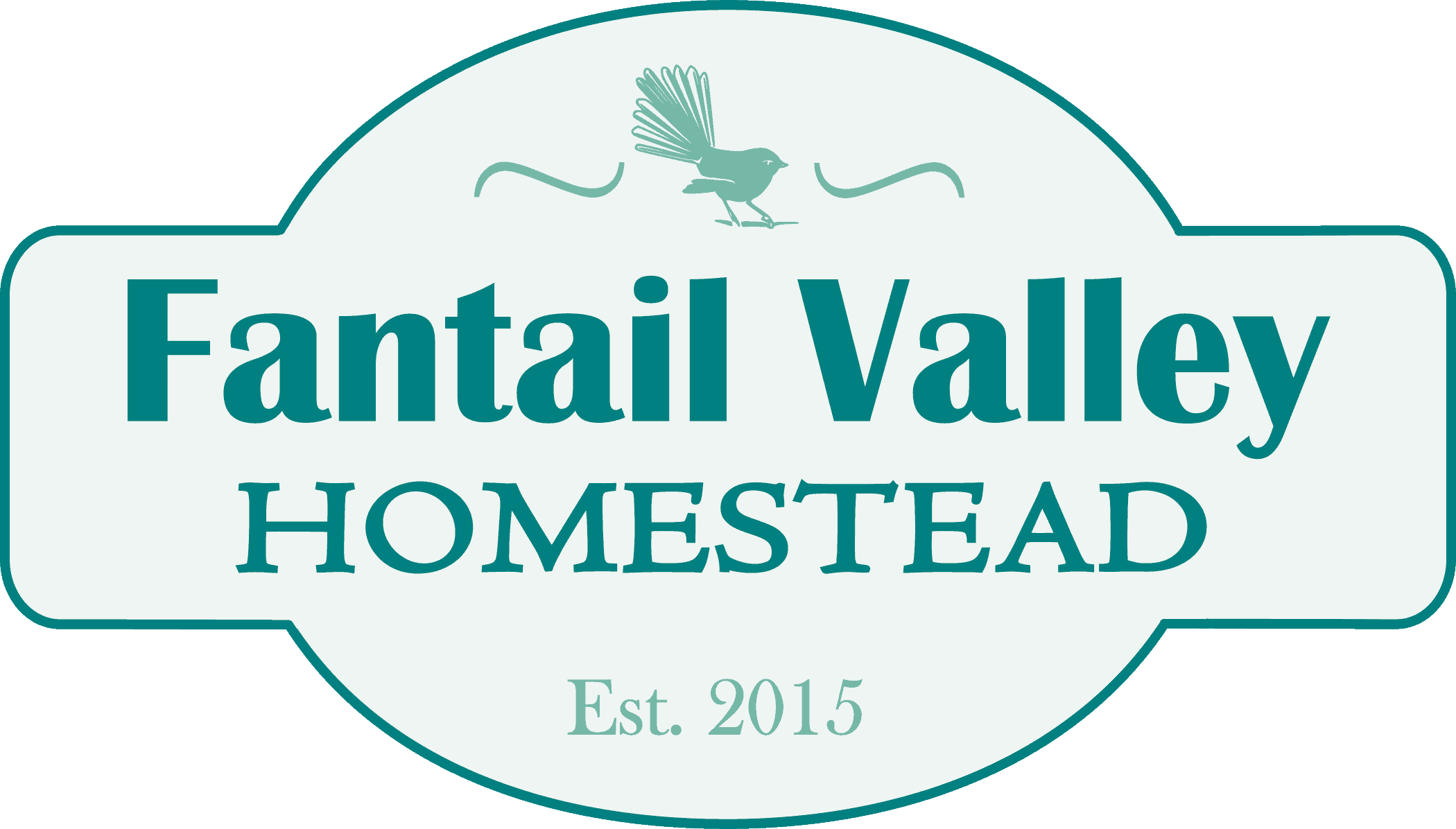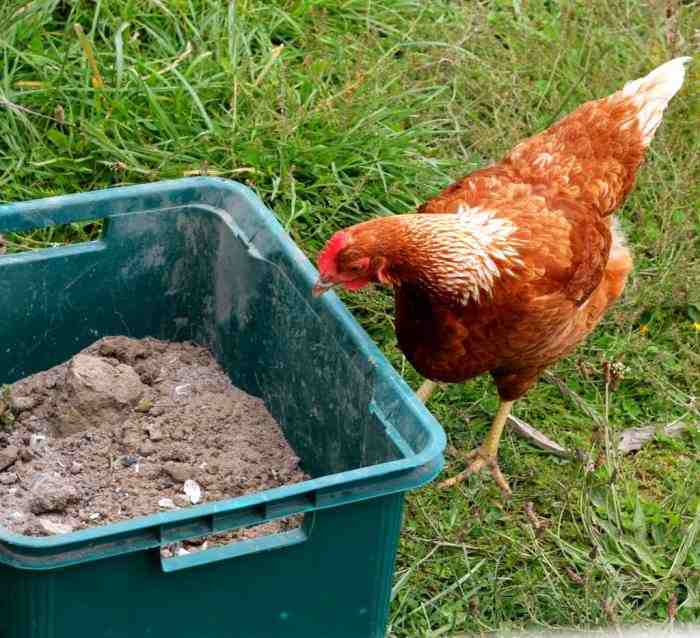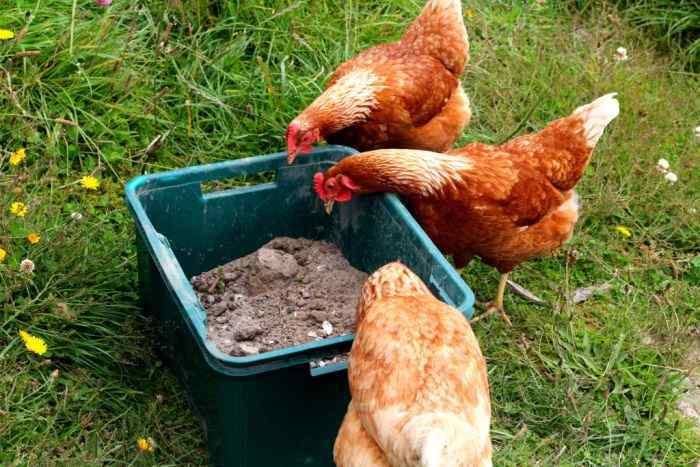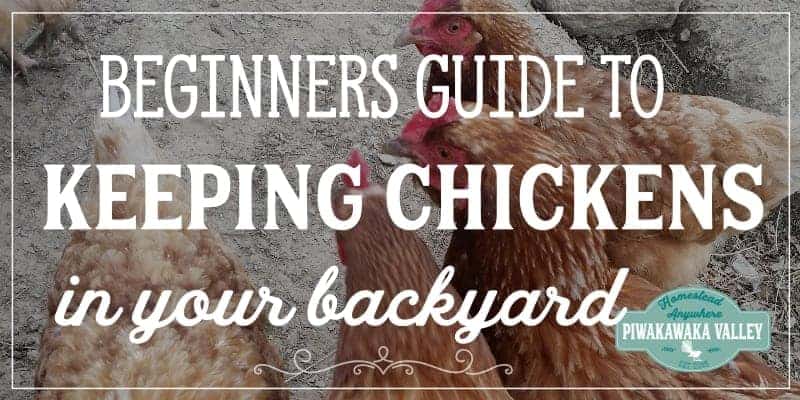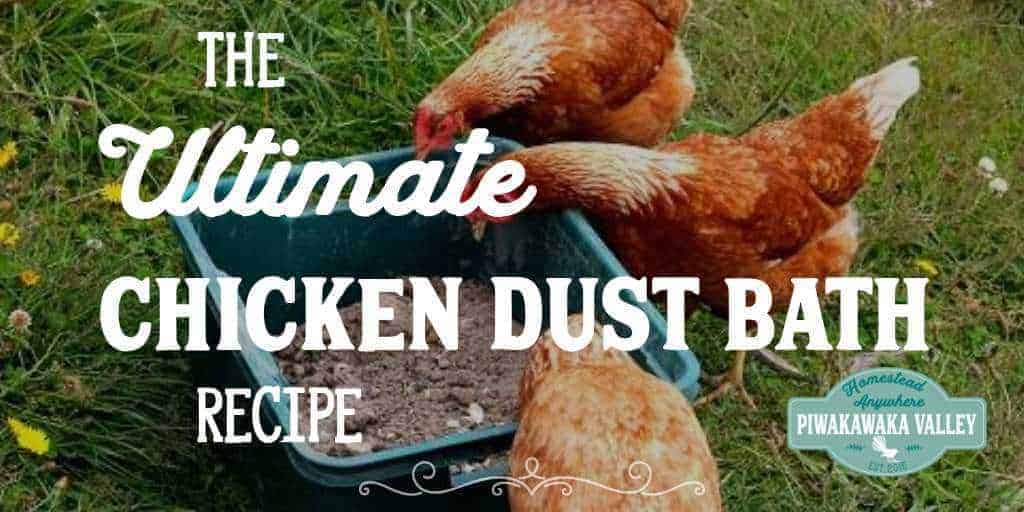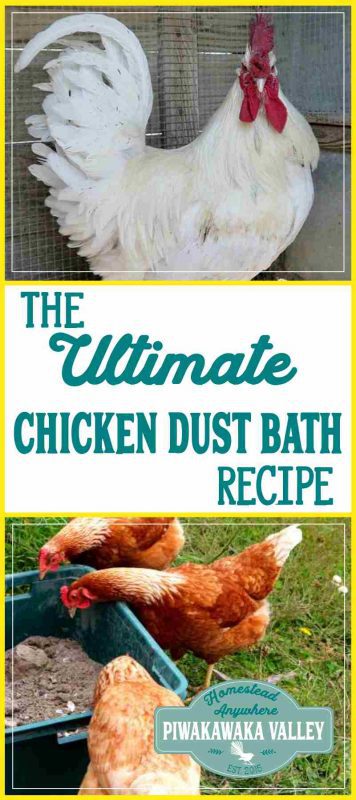This post was most recently updated on April 1st, 2021
If you have chickens in your backyard, they will benefit from having a in their coop. This ultimate recipe will keep your chickens happy, healthy and clean. Chickens LOVE their baths and they will seek them out whenever they can.
Please read: This information is provided for educational purposes only and is not intended to treat, diagnose or prevent any disease. We encourage you to make your own health care decisions in partnership with a qualified health care professional.
This post contains affiliate links, this means at no extra cost to you, we make a commission from sales. Please read our Disclosure Statement
Why not set up a suped-up for them to help treat parasites while they are at it? You will need one for every 10- 15 or so chickens, and put it somewhere it won’t get rained on so they can use it all year long.
What are the benefits of a chicken dust bath?
In the wild many animals roll in , chickens included. The fine particles from help to absorb excess oils, removes mites and fleas and scrubs their feathers clean.
RELATED POST: 5 Easy steps to hatching chicken eggs
RELATED POST: What to feed your chickens
The Ultimate Chicken Dust Bath Recipe: 3 Powerful Additions your Chickens will Love
Chickens will naturally bathe in plain old dried or that they find under a big tree while free ranging, however if you add a few additional ingredients, you can supe-up the plain , and make it more effective at preventing mites, fleas and ticks.
Diatomaceous earth, powdered herbs and wood ash make powerful additions to your homemade chicken dust bath mix.
What do you put in a ?
, powdered herbs and make powerful additions to your homemade . , and are also options that you can use in your . or coconut coir can be used in place of in this recipe as well.
If you are a , adding a to your is a great way that you can improve the health and wellbeing of your for very little money while also preventing many parasites that can affect your birds.
What are the reasons behind the super ingredients in this particular ?
The chickens may well nibble on the ash/charcoal as it is a natural way to cleanse the body of toxins and parasites. It also helps kill fleas, mites and .
Using adds an extra layer of grit to the mixture and helps keep it free flowing. You can get this from your local garden/landscape store.
(food grade)
The razor-sharp microscopic silicon particles cut through the of both internal and external parasite’s protective coating on their shells, causing them to become dehydrated, block their airways and attack their respiratory systems.
Be sure to only use food grade diatomaceous earth as your chickens may well peck at it and eat it.
What is a without ?! Gather some from your garden and lay it out in the sun to dry.
You can also in a thin layer in a roasting pan in your oven on a low heat for several hours.
Dry herbs
You can add a range of including: powdered sage , peppermint, rosemary or dried lavender.
You can make these yourself by harvesting entire stems of plant and hanging them upside down in a paper bag in a cool dry place to dry out.
Once they are totally dry, blitz them in a food processor. Store the powder in a sealed container to keep the volatile oils in until needed.
This herb is best used within one year of harvest. The smell of the oils in these herbs repel insects.
How to Make the Ultimate Recipe
You Need:
- A box, tire, rubbermaid tub, old jam pan or plastic paddling pool.
- 2 parts /
- 1 part or paper ash (not coal or from burning rubbish)
- 1 part
- 1/2 part
- Gloves and mask
- Optional powdered herbs – 1/2 part of dried and powdered Sage, Lavender, Peppermint or Rosemary
Method: I use a small bucket as my ‘part’ measure. You may want to wear a mask and gloves for this next bit as it does throw a fair bit up into the air.
Put all ingredients into your container and stir together well with your hands.
That is it really, now you simply leave somewhere out of the rain/snow and let the chooks and bunnies have at it.
How does a work? What are the benefits?
Chickens (and other ) will naturally carve out a under trees or anywhere that they feel safe enough to relax and the ground is dry. They instinctively know how to kick the over themselves and to shake their feathers to get the right down against their skin.
The absorbs excess oil, and rubs off mites and fleas as well as generally feeling good.
Why do chickens take a ?
They enjoy it is the simple answer. is a social activity, where often several of the flock will share a and all at once.
It helps them to stay clean, and it helps fight skin irritations or parasites.
How do you dry a ?
If your gets wet, the easiest option is to have a second one that you can swap out.
If your did manage to get wet, you can tip the on to a tray and either bake it low in the oven for a few hours or lay it out in the sun. Be sure to turn it several times to help it dry evenly and more quickly.
Keeping the dry in the first place can be a challenge, try to position them in the coop so that their is protected from the rain, but still gets at least some of the sun.
What do you put in the for chickens? What can you use for a for chickens?
You can use all sorts of things to make a for your . The recipe above really is the ultimate choice, but you can use whatever you have access to, chickens will even in dry or .
All you really need is some dry , , or or a mixture of whatever you have access to.
Keep your dry and place it somewhere that gets sun in the winter and is in the shade in the heat of summer, your chickens will know what to do.
When can you give your chickens a ?
Even baby chicks will naturally start to bathe in their bedding from a very young age. I personally have seen it in the one week old chicks that we currently have.
Do baby chickens need baths?
They probably don’t ‘need’ them at a really young age, but if you have loose bedding they will probably be giving themselves a while you aren’t watching.
You can place an area of in the brooder for them to bathe in. They will also eat some of it as grit for their crop so be sure that it is clean or washed builders (sharp) .
A very young has down, but as their actual feathers come in it is good to provide them a way to groom themselves. Usually we try and add some for them to bathe in from about 2 weeks of age.
What kind of enclosure works for a ?
Placing it within a tire (or several tires), a wooden edged raised garden bed or simple frame works well too. A Rubbermaid tote also works well. Choose one that is wide enough not to tip if a hen decides to perch on the edge before jumping in. A cat litter tray can work as well for smaller coops.
How deep should a be?
A minimum of 4 inches would be the best depth for a . This allows plenty of room for the hens to get in and bury themselves enough to get good coverage and the benefits from .
How big should a be?
It really depends how big your chickens are, and how many that you have. Bantam chickens can have a smaller area than massive birds like Plymouth Rocks. The needs to be big enough for them to laydown sideways and kick their feet around. A good general idea would be to make them between 12 and 20 inches square (30-50cm).
While the needs to only be 4 inches (10cm) deep, the container that you use will need to be at least twice that to help reduce the volume of that is lost to the happy kicking that ensues while they are .
The more chickens that you have, the more you will want to provide. I suggest 1 to 2 baths per every 15 chickens.
Can you use cat litter for ?
Most cat litters (kitty litter) has all sorts of additives added to it. If you can find a plain, clay only kitty litter you can use it. However, these are often difficult to find these days.
A better option would be to buy a bag of kids and add that to a kitty litter tray and let them in that.
How to maintain a
Maintenance is pretty low key. Use a sieve once every 2-3 days to sift out any poop (they don’t tend to poop in there while ) and top up the once a week.
If you are using herbs, medicated powders or diatomaceous earth in your mixture, be sure to replenish those as well.
Do you have a chicken dust bath for your animals? Tell me about it in the comments below!
Please Pin this and share it with your friends!
